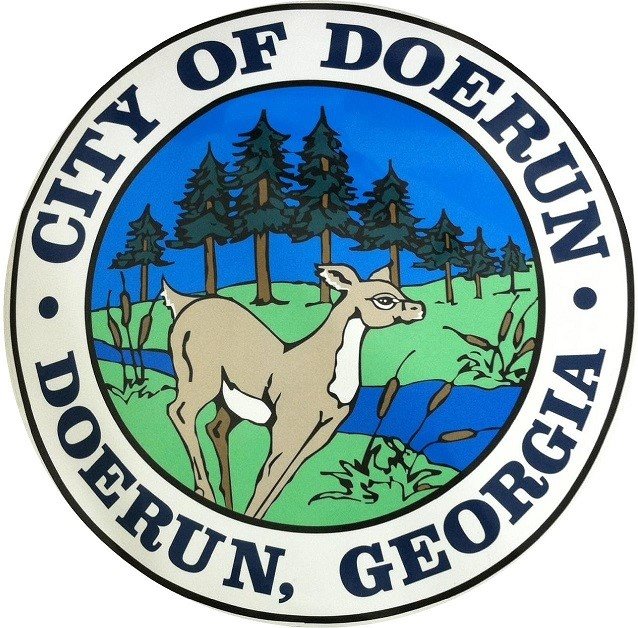Texas homeowners complain about being taxed to the max
Published 1:15 pm Thursday, May 5, 2016
AUSTIN – George Achziger wants to restore his 1921 house on Fort Worth’s south side, but with an annual property tax bill that just rose from $4,700 to $10,750, it won’t happen this year.
“That was a real shock,” said Achziger, 57, a retired concierge. “God knows if I did the work, what they’d charge me.”
The jump in taxes is by no means isolated to Fort Worth. Homeowners throughout the state are complaining about the property tax bills from their cities and county governments – a growth blamed, at least in part, on rising property values.
For Achziger, the lot next door lacks heat and water but is now valued at $374,700. His own home is worth $375,189, up from $290,000 last year.
Achziger laughed about his plight, but many who own property aren’t in the same humor over valuations that skyrocket and taxes that soar. According to the state comptroller, property taxes in Texas surged 2 1/2 times faster than the median household income between 2005 and 2014.
“Retirees say they’re being taxed out of their home,” said Sen. Paul Bettencourt, R-Houston, who’s leading a select committee on property tax reform and relief, now holding hearings across the state. “We’ve got to put a brake on how fast these tax bills are rising.”
At the committee’s recent hearing in Arlington, Lt. Gov. Dan Patrick said lawmakers will reduce property taxes “in a significant way” in next year’s session.
He advocates trimming the state’s rollback rate – a limit on how much local property taxes can increase in a given year – from 8 percent to 5 percent.
In an interview, Bettencourt said that’s “certainly one of the silver bullets you’d want to shoot on behalf of the taxpayer.” He also advocates reform in government budgets.
Second-best fix
Plans to tamp down the rollback rate face stiff opposition from cities, which depend on property taxes for more than one-third of their general funds, according to a 2012 study by the Texas Municipal League. they get the rest of their money from the state, local fees and fines.
City officials say tax rates aren’t the problem. They blame rising school property taxes, due to declining state education funding, for inflating homeowners’ bills.
School finance is the subject of a case now before the state Supreme Court, the outcome of which will likely mean crucial decisions for lawmakers.
Dick Lavine, senior fiscal analyst at the Center for Public Policy Priorities, an Austin think tank, said part of the tax issues are structural.
Most state and local governments rest their budgets on what he calls a three-legged stool – property taxes, sales taxes and income taxes.
“All we have is sales tax and the property tax,” he said. “That’s our problem.”
But any discussion of an income tax, he added, is out of bounds.
“We’re going to have second-best solutions,” he said.
Sen. Van Taylor, R-Plano, favors lowering the rollback rate, but he said state and local government suffer a “disease.”
“Taxes and debt are the symptom,” said Taylor, a member of the committee. “Focus on spending.”
Driven by growth
Whatever lies at the root of the problem, tax assessors say surging growth is a major contributor.
The state’s population has swelled more than 9 percent since 2010, according to the U.S. Census Bureau, or more than double the country’s growth rate.
“When that happens, real estate goes up,” said Ron Wright, Tarrant County assessor and collector. He hears outrage from those who live in high-growth areas where climbing property values and tax rates march along in lock step – even though local tax rates remain unchanged.
Local governments have no incentive to change things, he added, given the “windfall” of revenue.
Wright said he supports lowering the rollback rate, but he also advocates a system that lowers tax rates on individual property when values rise.
“If value goes up, the rates would automatically come down a commensurate amount,” he said.
Short of that, he said, voters should hold elected officials accountable.
“It’s real simple. If they set a tax rate, you need to be yelling at them,” he said.
That’s not always easy for residents who cannot make local government meetings.
Achziger said he doesn’t attend many City Council meetings.
“Ultimately, I’ll write the check and pay,” he said. “But I’m not happy.”
Priced out
Neither is Veronica Villegas, who owns a house built in1895 in Fort Worth’s Fairmount district.
Villegas, 45, who works for the city, paid $92,000 for the 2,700-square-foot house 20 years ago.
Last year her home was valued at $224,000.
This year’s valuation hit $440,000, she said.
“I was like, ‘Oh my gosh, what am I going to do?” she said. “I’ve got to do something. I’ll be priced out of my home.”
For Villegas, it means bringing her family together. Her parents just moved into a guest house out back, and her son still lives at home.
“My home isn’t just a building,” she said. “It is the nucleus of my family.”
Homeowners may be most vocal about tax bills, but commercial property owners are also protesting and, in some cases, going to court to fight their tax bills.
For assessors, estimating the value of that property is sometimes difficult. House values are readily compared. Commercial property doesn’t change hands every day.
When commercial property owners prevail, critics say, local governments shift the tax burden back onto homeowners and small businesses.
“It’s only the big guys who can afford to do that,” Wright said. “The imbalance between residential and commercial has got to be looked at.”
However, commercial property owners aren’t the ones crying uncle at the committee hearings, said Taylor.
It’s people like Villegas, who plans to protest her valuation to the Tarrant Appraisal District.
“I’m not in panic mode yet, but talk to me in a couple of months after I’ve had my hearing,” she said.
John Austin covers the Texas Statehouse for CNHI’s newspapers and websites. Reach him at jaustin@cnhi.com.





